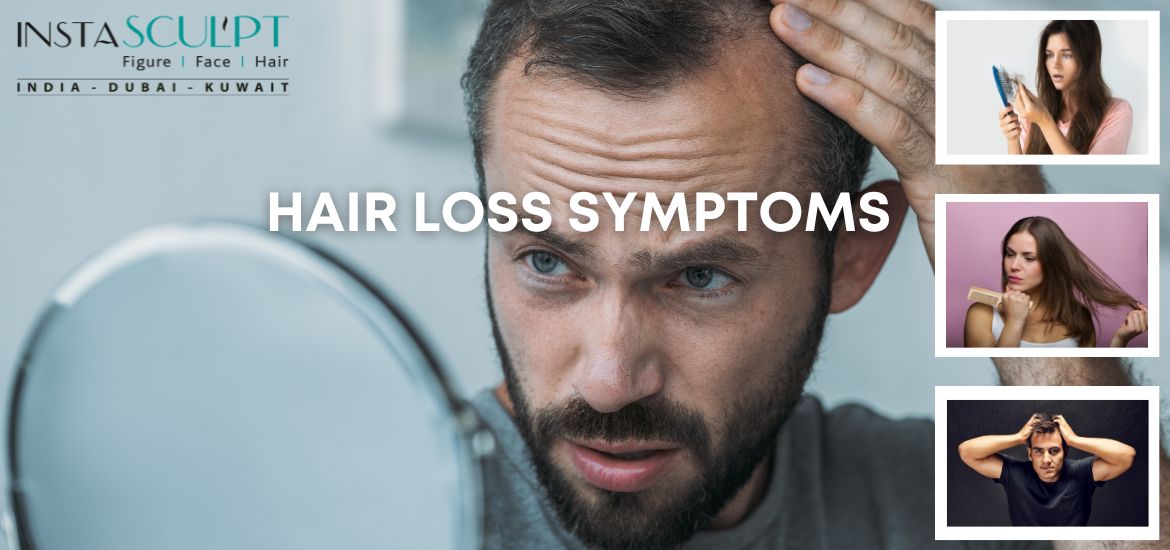The Truth About Hair Loss and Genetics: What You Need to
Know?
Hair loss is a common concern for many people, affecting both men and women. While genetics can play a significant role in hair loss, it is important to understand the various factors that can contribute to this
condition. In this blog, we will explore the truth about hair loss and genetics and what you need to know.
The Genetics of Hair Loss Hair loss can be passed down from either parent, but it is most commonly associated with male-pattern baldness, which is a genetic condition passed down from the mother’s side. This type of hair loss is caused by an overproduction of a hormone called dihydrotestosterone (DHT), which can shrink hair follicles and lead to hair loss.
However, genetics is not the only factor that can contribute to hair loss. Other factors, such as stress, hormonal changes, illness, medications, and age can also play a role in hair loss. It is important to understand that hair loss is not always due to genetics, and other factors should be considered before making any assumptions.
Treatments for Hair Loss
There are many treatments available for hair loss, including medications, topical treatments, and surgery. One of the most common medications for hair loss is minoxidil, which is available over the counter and is effective in promoting hair growth.
At Instasculpt, hair loss can be treated under the guidance of a doctor. Instasculpt offers a complete solution for hair fall and dandruff. The hair treatment is non-surgical and involves the use of machines to thoroughly treat the scalp, which helps to stop hair fall and the production of dandruff. The second step of the treatment involves the use of a ‘Dermaroller’ and a solution that promotes hair growth, which is a safe and effective method for treating hair loss.
Hair loss can be a distressing experience, but it is important to understand that genetics is not the only factor that can contribute to hair loss. Other factors, such as stress, hormonal changes, illness, medications, and age, can also play a role.
It is important to talk to a doctor or hair loss specialist to determine the best course of action for your situation. With the right treatment, it is possible to restore hair growth and regain your confidence.

